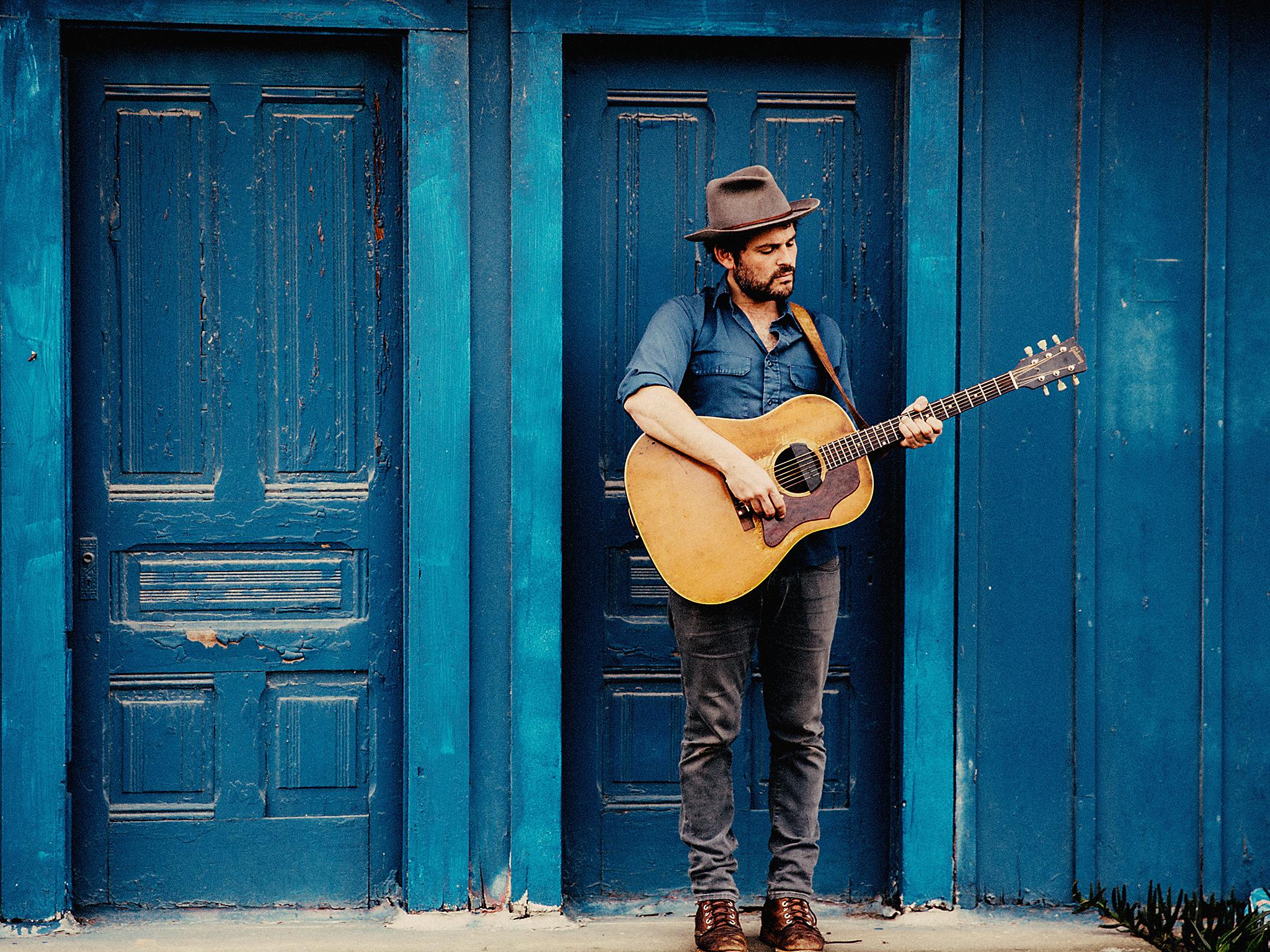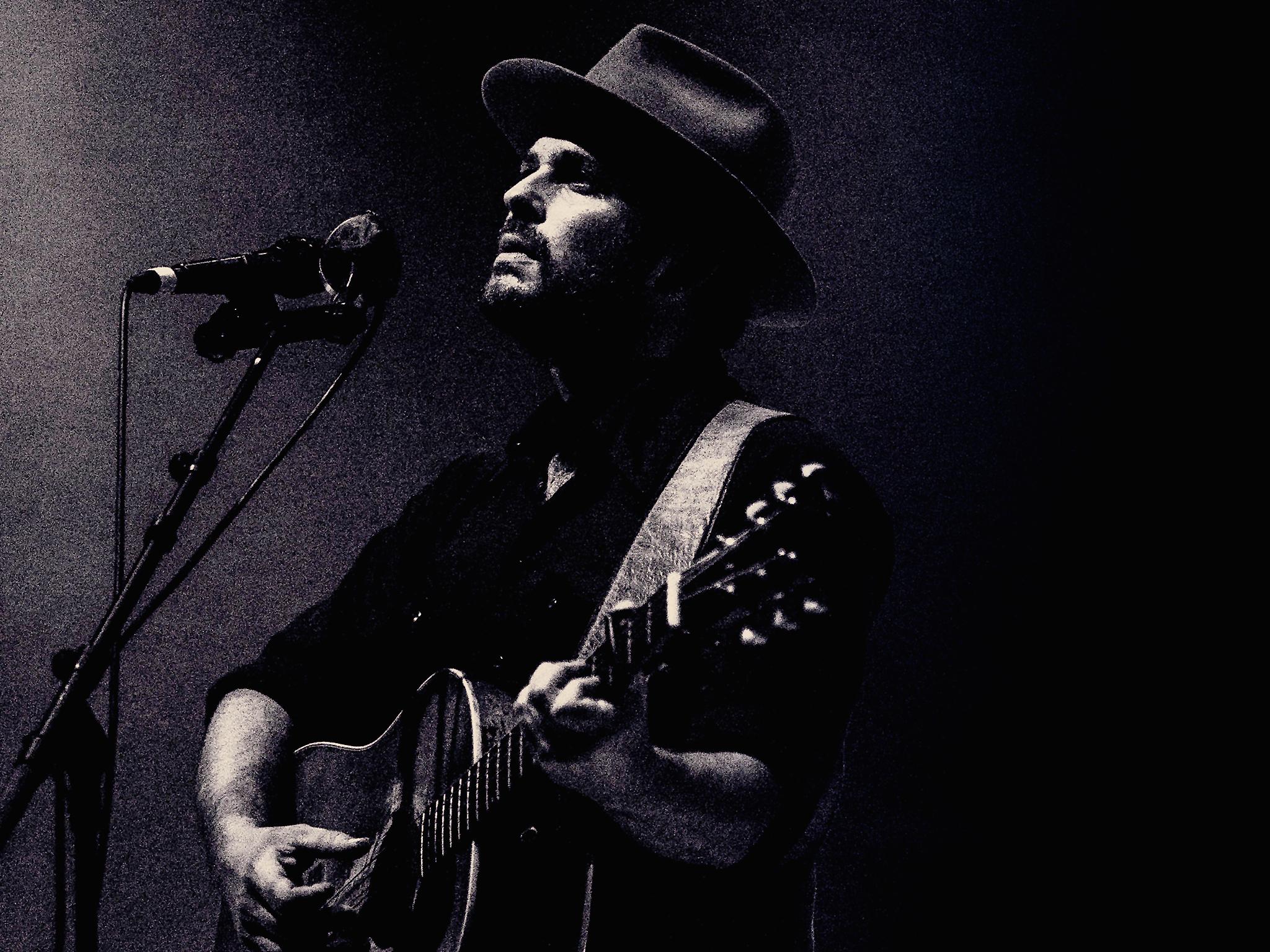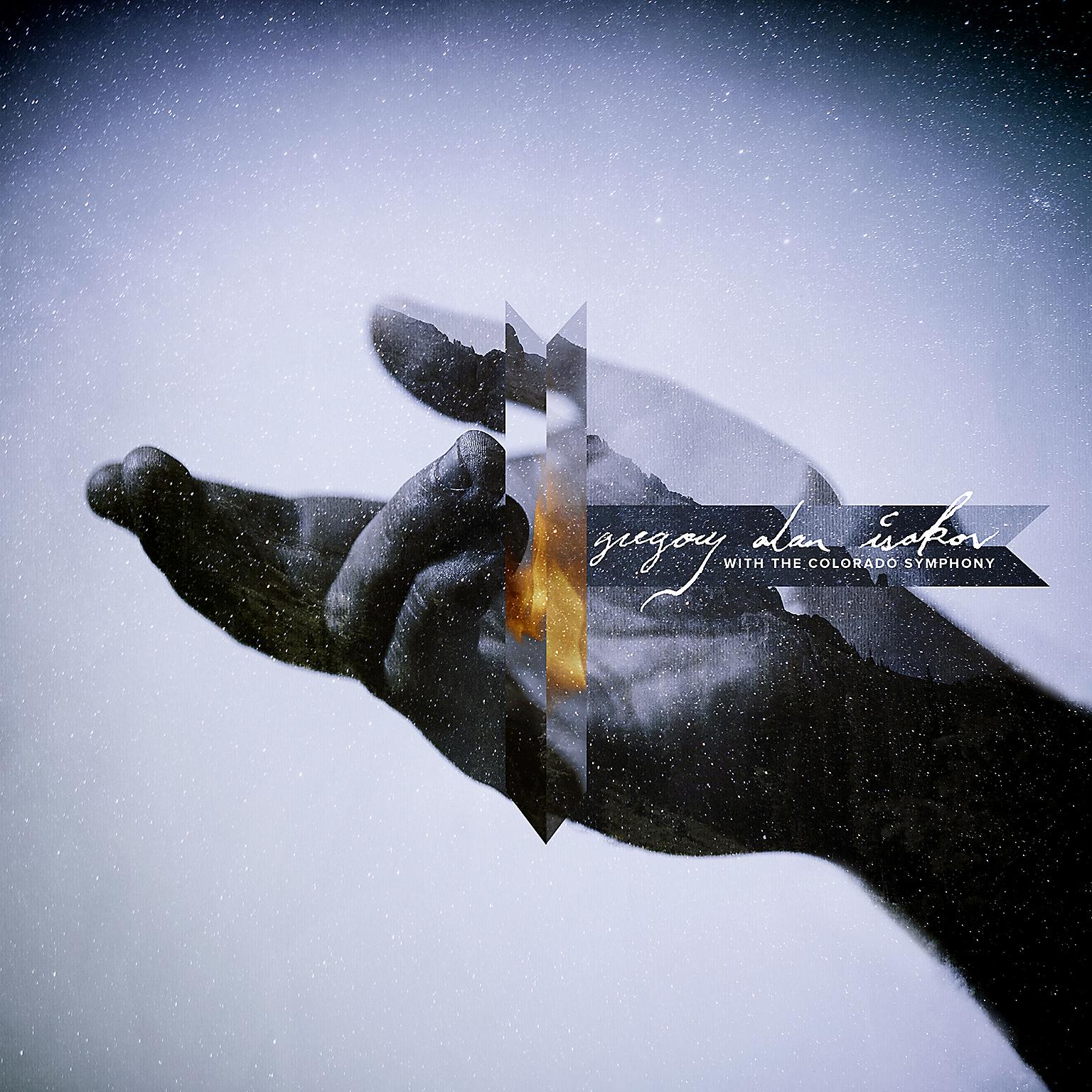Gregory Alan Isakov interview: ‘It’s a scary time to be alive’
As well as being a folk artist, Gregory Alan Isakov runs a four-acre farm in Colorado where he grows medicinal cannabis. He talks about what inspired him to become a vegetarian, his fears about Donald Trump and the novelty of being a support act

Your support helps us to tell the story
From reproductive rights to climate change to Big Tech, The Independent is on the ground when the story is developing. Whether it's investigating the financials of Elon Musk's pro-Trump PAC or producing our latest documentary, 'The A Word', which shines a light on the American women fighting for reproductive rights, we know how important it is to parse out the facts from the messaging.
At such a critical moment in US history, we need reporters on the ground. Your donation allows us to keep sending journalists to speak to both sides of the story.
The Independent is trusted by Americans across the entire political spectrum. And unlike many other quality news outlets, we choose not to lock Americans out of our reporting and analysis with paywalls. We believe quality journalism should be available to everyone, paid for by those who can afford it.
Your support makes all the difference.Suddenly the room falls silent and everyone starts eating. All Isakov can hear is the sound of skin tearing, there’s a taste of blood in his mouth and he can’t stop looking at the tendons on the meat. “This is the craziest s**t ever, what are we doing?” From now on, Gregory Alan Isakov will be a vegetarian and he’ll never look back.
When he made the decision to give up meat he had just come home from high school, admittedly a little bit stoned, for a Sabbath dinner with his family and friends. Now in his mid 30s, it’s clear the folk artist and sustainable farmer tries to live his life according to certain ethics, but he seems reluctant to start lecturing people on how they should live theirs. “I just love soil, I don’t know what it is – it turns me on,” he says jokingly in his softly spoken Colorado accent.
Dressed in a check shirt, cowboy hat, jeans and boots, South African born Isakov looks the part of a folk artist-come-farmer. He speaks with a considered intensity, as if analysing every word before it leaves his mouth and maintains eye contact at all times.
Currently on tour with Passenger, the singer-songwriter behind the hit single “Let Her Go”, Isakov is relatively unknown in the UK, despite having amassed a considerable following in the US and Europe. Despite living off music full-time, he still maintains his four-acre farm in Colorado, where he grows vegetables, and medicinal cannabis for more than 70 patients, it keeps him grounded. He also has a herd of sheep called the T-Swift pack (yes, named after Taylor Swift).
“I think as a musician, your hands can get soft. You become a little bit more disconnected from the most inherent form of inspiration, which I think is work.” He says the farm is a big part of his creative process and it gives him time to dwell on ideas away from the guitar. “Without it, I wouldn’t be happy.”

When Isakov is asked if he’s concerned about Donald Trump’s views on climate change, the President-elect once described global warming as a concept created by the Chinese in order to make US manufacturing non-competitive, he admits he’s never been a political person. “I’ve always read The Onion my whole life. I think when Obama got in office, there was this hope in the air, and I loved it. I was like, ‘We’re cool.’” But now he’s finding himself reading the news, and making sure his friends “don’t get put on a train”.
“It’s a scary time to be alive,” he says. “I need to be more awake to current events, because I feel like I’m weirdly responsible now.” But what makes him feel personally responsible for the planet? “We all live here, we all drink the water, we all owe this place something, so we have to stand up for it, when we can.”
Although he doesn’t like to tell people what to do, he recognises the platform that being a musician gives him, especially to stand up for and fund causes he believes in. “I’m just small potatoes, but in my little underground thing, I can at least have a say.”
For example, when McDonald’s wanted to use his track “Big Black Car” on an advert in 2012, rather than reject the offer out of principle, he accepted it and donated the proceeds to various causes including Seed Savers Exchange, an organisation that tries to preserve the genetic make-up of plants in the US. He’s humble about the fact it probably looked bad, “but at the same time we’re doing all this cool s**t with the money – it was a no brainer”.
Enjoy unlimited access to 100 million ad-free songs and podcasts with Amazon Music
Sign up now for a 4 month free trial (3 months for non-Prime members)
Enjoy unlimited access to 100 million ad-free songs and podcasts with Amazon Music
Sign up now for a 4 month free trial (3 months for non-Prime members)

And tonight, Isakov is humbled once more, having to prove himself to an audience that’s come to see someone else. It’s a far cry from his last headline tour, where he performed with different orchestras every night. The crowd at the Hammersmith Apollo in London are mostly polite, chatting quietly while he performs and giving him a generous applause between tracks.
His latest album was recorded with the Colorado Symphony, but the warmth of his music is not lost when its stripped back to the bare bones of man and guitar, as it is here. His voice is a rich country drawl, while his bright acoustic fills the sonic gaps in between.
Nonetheless, he finds the concept of being a support act amusing and he hopes the tradition will last. “Music is the only thing that has this. When you go see the Mona Lisa in Paris, there’s no dude there being like, ‘Can you check out my weird drawing for 30 minutes?’ It doesn’t happen.”
Join our commenting forum
Join thought-provoking conversations, follow other Independent readers and see their replies
Comments